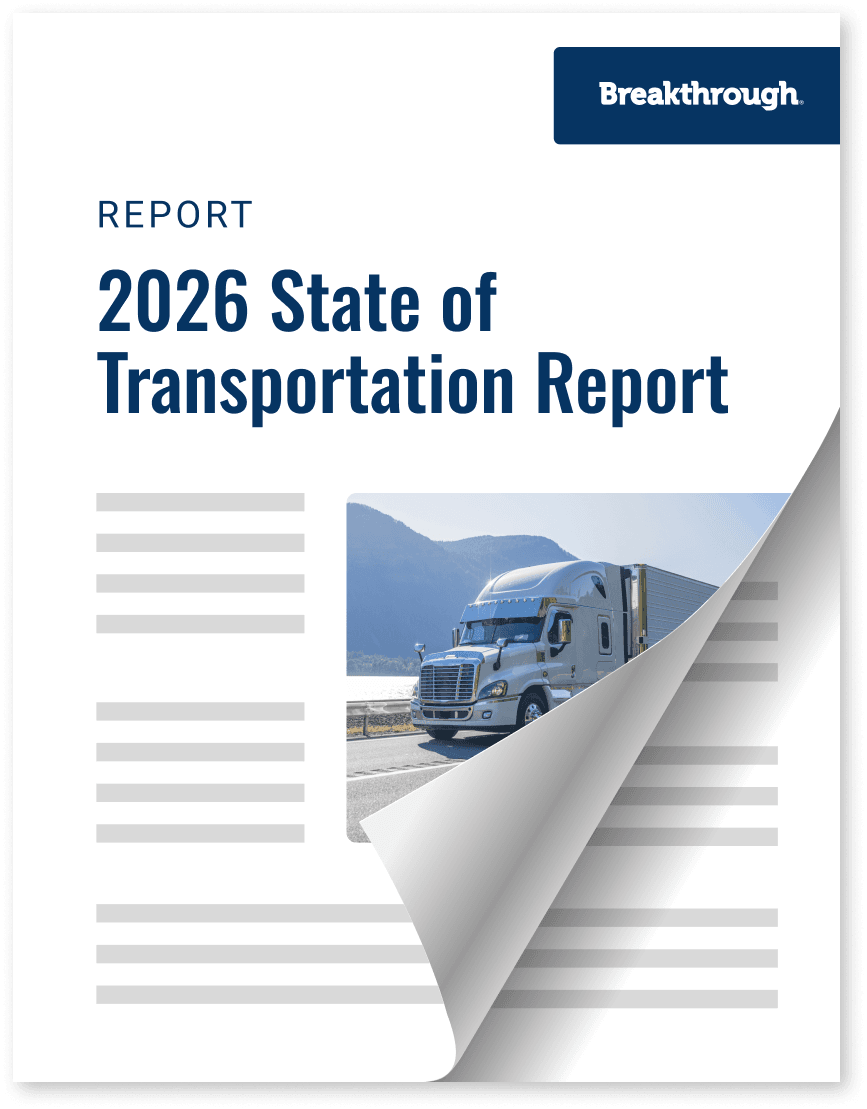2026 State of Transportation Report

Trending
Top Posts
2 min read
June 21, 2019

Share:
Recently, FreightWaves released its 2019 Official Shipper of Choice top 25 winners. The list includes 25 shippers that “do the best job of keeping the American economy moving by fighting driver detention, providing accessible facilities, and understanding what it takes to remove inefficiencies from the supply chain.”
This group of shippers was voted on by the members of the Truckload Carriers Association and the Blockchain in Transport Alliance.
Of this group of industry leaders, the top four spots and fourteen names in total on the list are Breakthrough clients that choose to actively manage their fuel strategies with our Fuel Recovery program. Accuracy, transparency, and fairness are central to our market-based fuel reimbursement programs, and when shippers say yes to Fuel Recovery, they say yes to being proactive and driving continuous improvements in their network.
Fuel Recovery impacts the way shippers reimburse carriers for fuel. As such, one of the most common questions we receive from shippers considering a Fuel Recovery program is “What do carriers think of Fuel Recovery?”
In a transportation environment that is more volatile, more complex, and moving at a faster pace than ever before, a lot of emphasis has been placed on maintaining healthy shipper-carrier relationships. Fluctuating capacity environments, the rise of e-commerce, and elevated service requirements make viable and healthy shipper-carrier relationships imperative to ensuring freight moves to market.
An active fuel management strategy is only one among many practices that influence the relationship between shippers and carriers. It best serves its shippers when paired with forward-looking transportation strategies and a commitment to fair and accurate practices, and for this reason, it truly does not hinder a shipper’s ability to bring freight to market. Fuel Recovery makes fuel a true pass-through cost and ensures that carriers are made whole. Carriers continue to haul freight for Breakthrough clients, and Breakthrough clients continue to be leaders in their industry in both the eyes of carriers and their peers.
When transportation professionals weigh the pros and cons of implementing any new strategic initiative, maintaining positive, functioning relationships with their valued carrier base is often a core concern. The success of these new initiatives—related to fuel management and otherwise—relies on effective change management strategies that prioritize education and transparency.

5 min read
February 13, 2026
Explore the key factors driving the price of diesel, from refining premiums to global supply, and why these prices differ from crude oil costs.
Read more
6 min read
February 12, 2026
Discover actionable strategies to improve fleet fuel efficiency, reduce transportation costs, and achieve sustainability goals. Learn how data-driven insights can transform your MPG calculations and fuel reimbursement programs.
Read more
5 min read
February 11, 2026
Extreme winter weather can disrupt refinery operations, impacting refinery margins and diesel prices. Learn how these factors affect your fuel costs.
Read more